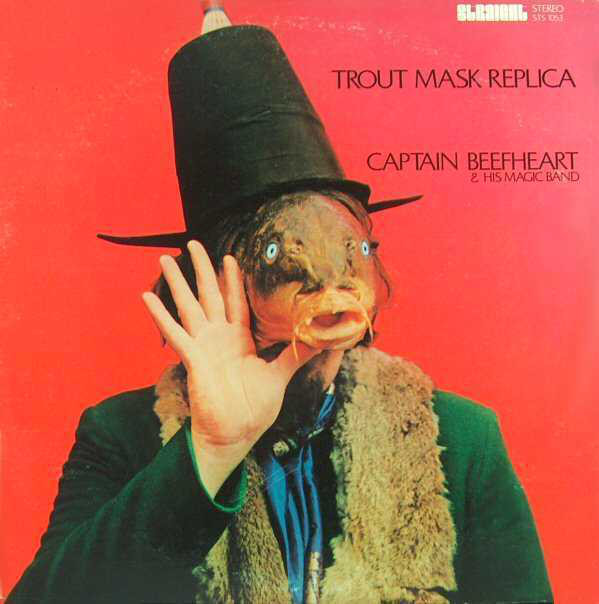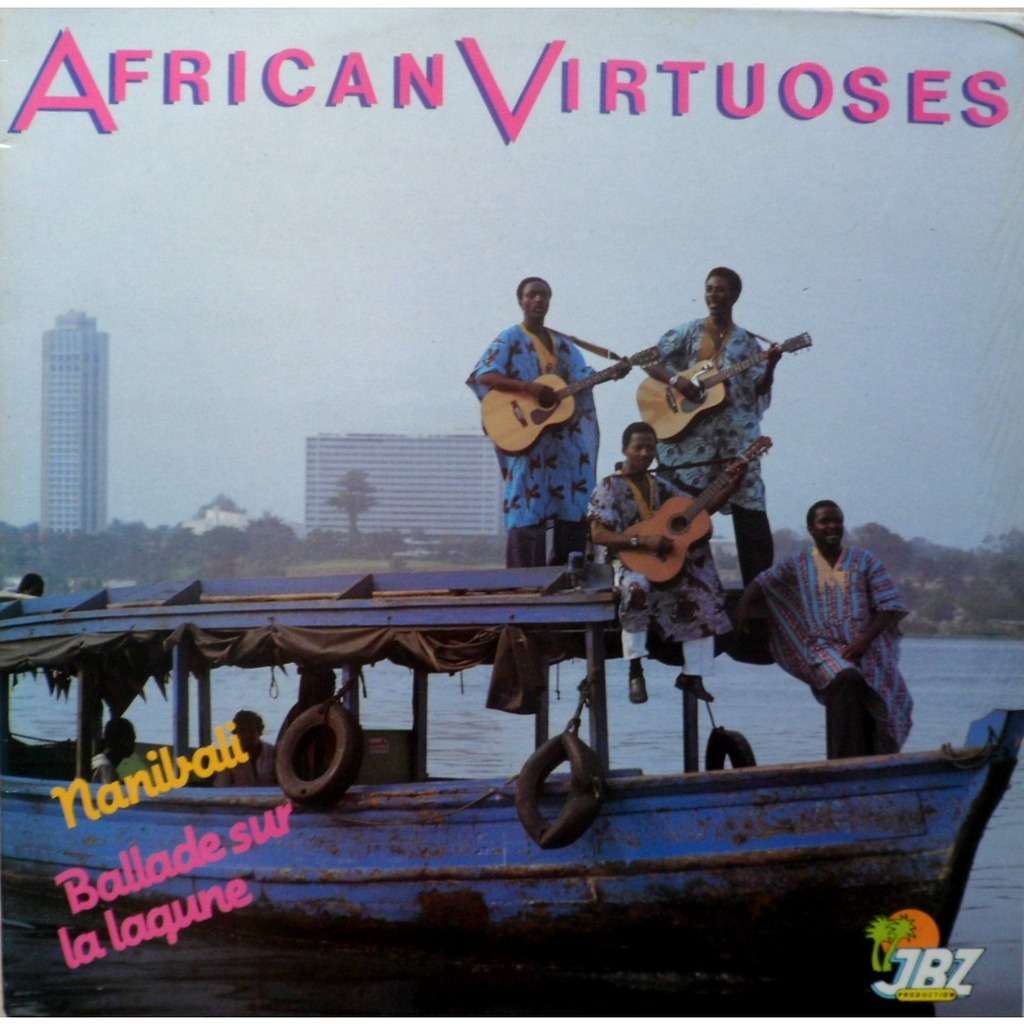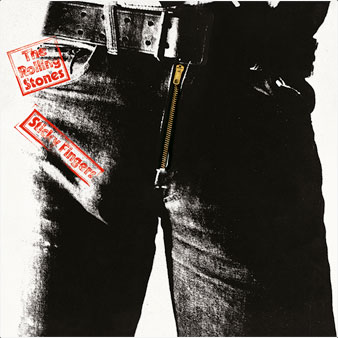
“Can’t You Hear Me Knocking (Alternate Version)” (2015) – The Rolling Stones * Written by Mick Jagger and Keith Richard * CD: Sticky Fingers (Deluxe Edition) * Produced by Jimmy Miller * Label: Rolling Stones Records
Never released as an edited single, “Can’t You Hear Me Knocking” became an album rock radio staple with its jagged guitar + Jagger vocal bursts. The song’s second section took shape as a four-minute jam, though, sounding like the kind of background incidental music earmarked for countercultural scenes in early seventies TV cop shows. (Featured soloists: Bobby Keys, Mick Taylor, and Billy Preston.) The 2015 deluxe edition of Sticky Fingers, finally, provides an official version of the track that shakes off the excess.





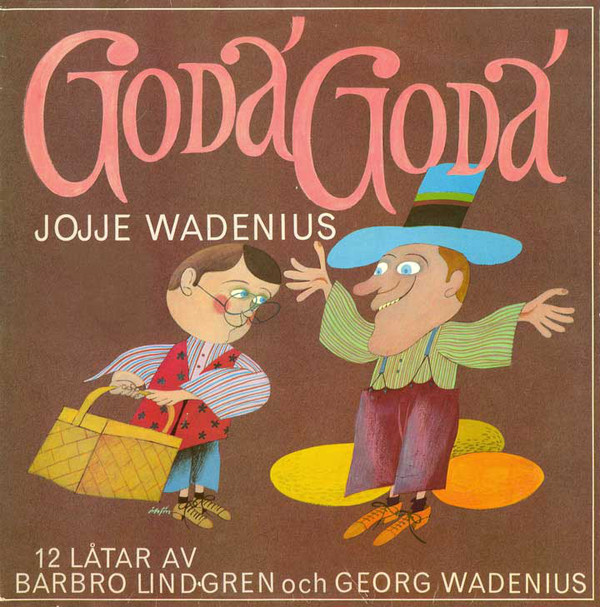
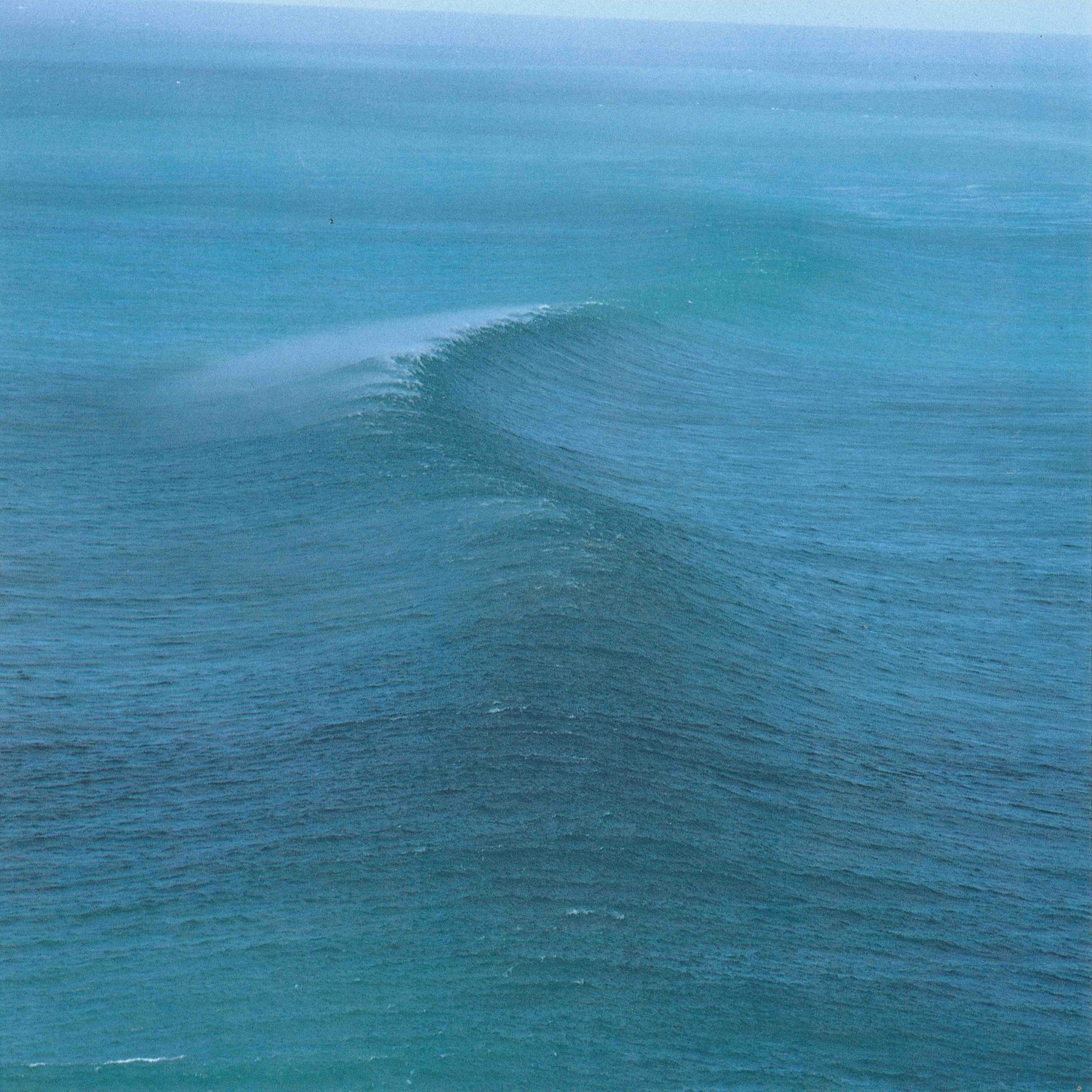
 “Mamaya (15ième partie)” (1999) – Grand Papa Diabaté * Written by Kerfala Diabaté * CD: Guitar, Extra Dry * Label: Popular African Music
“Mamaya (15ième partie)” (1999) – Grand Papa Diabaté * Written by Kerfala Diabaté * CD: Guitar, Extra Dry * Label: Popular African Music